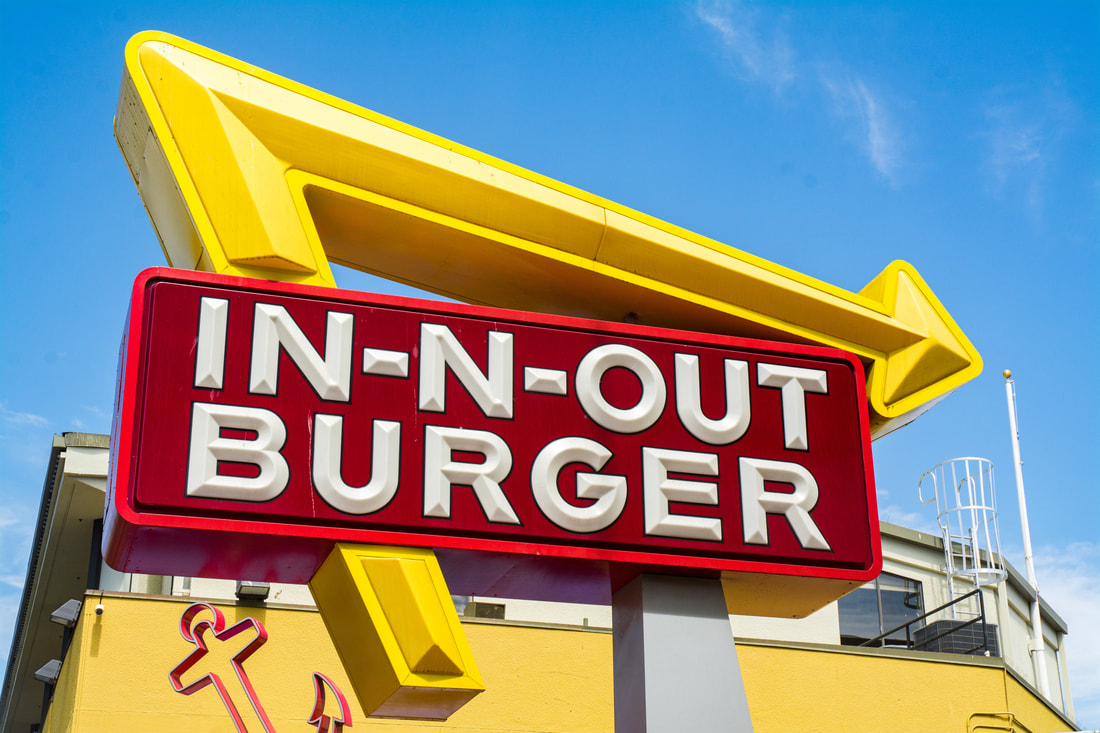|
A California judge granted a restaurant industry coalition's eleventh-hour bid to pause the state's landmark law raising wages and labor standards in the fast-food industry ahead of its Jan. 1 effective date, preserving the status quo as she considers the group's suit challenging the law. On Dec. 30, Sacramento County Superior Court Judge Shelleyanne W.L. Chang agreed to temporarily halt the enforcement of Assembly Bill 257, also known as the Fast Food Accountability and Standards Recovery Act, which was signed into law by Gov. Gavin Newsom on Sept. 6, 2022. A coalition consisting of restaurant trade associations and small businesses called Save Local Restaurants on Dec. 29 sued the California Department of Industrial Relations director Katrina Hagen, Secretary of State Shirley Weber and Attorney General Rob Bonta, all in their official capacities, arguing in its petition for writ of mandate and complaint for declaratory and injunctive relief that A.B. 257 cannot go into effect until California voters had a chance to vote on the legislation through the referendum process. Provisions of the statute include allowing a government-selected council of workers, union representatives and employers to set minimum wages and working conditions for the fast-food industry across California. Judge Chang set a hearing date for Jan. 13 on the petitioners' bid for a preliminary injunction. According to Save Local Restaurants, the coalition far surpassed the required number of signatures it was required to gather for its referendum petition challenging A.B. 257 by the early December deadline, gathering approximately 1,004,429 signatures to qualify for the ballot. However, on Dec. 27, Department of Industrial Relations director Hagen sent a letter to the coalition's counsel, noting that the law would be paused if, and when the referendum qualifies for the ballot, and that the process for verifying signatures is underway. But, without clear authority providing that the law is suspended "merely upon submission of unverified signatures, DIR has an obligation to proceed with implementing the duly enacted statute," Hagen's letter states. Save Local Restaurants contended that Hagen's position runs afoul of century-old precedent that protects the fundamental right of voters to prevent a law from going into effect unless and until it is approved at a statewide election. A.B. 257's provisions, which includes creating a Fast-Food Council that would have the authority to enact standards regulating the fast-food industry starting Jan. 1, would result in the unconstitutional enforcement of a law that California's voters already decided to challenge through the referendum process, the coalition argued, adding that temporarily allowing the implementation of the law "also would create confusion and set a dangerous and absurd precedent." If the court doesn't step in, the petitioners and California's voters "will be threatened with the unconstitutional scenario where AB 257 goes into effect for a few to several weeks, only then to be suspended once elections official complete their administrative tasks of certifying the petition," Save Local Restaurants said. Save Local Restaurant's bid to halt A.B. 257 comes just weeks after it announced on Dec. 5 that it collected enough signatures to repeal the monumental Golden State labor law that the group alleges would have "damaging impacts" on small and minority-owned businesses. After Gov. Newsom signed A.B. 257 into law on Labor Day, opponents promptly initiated a voter referendum that, if successful, would repeal the law. The first step to qualify for the referendum was gathering more than 600,000 signatures by early December. A.B. 257 came as a momentous victory for union organizers who have worked with fast-food employees for years to have more say on safety, pay and training. It has been championed by labor organizations, including the Service Employees International Union of California and Fight for $15, that say A.B. 257 gives fast-food workers a much-needed voice in determining working conditions. Under the law, the government-appointed body can hike the pay floor for workers as high as $22 an hour in 2023. In January 2024, the council could then raise the hourly minimum wage by no more than 3.5%, or a figure pegged to the U.S. consumer price index. In a statement last week following Judge Chang's order temporarily pausing A.B. 257, Save Local Restaurants said that the court's decision protects the voices of more than a million California voters who want to have their say on the law. "This process has been preserved for more than 100 years and was in grave risk of being suppressed," the coalition's statement reads. "While this pause is temporary, the impact is beyond just one piece of legislation and keeps intact for the time being California's century-old referendum process." Erin Mellon, a spokesperson for the governor, touted the act as giving "fast-food workers a seat at the table to set fair wages and important health and safety standards. Although industry is backing a referendum measure, the Secretary of State has not certified that it has enough signatures to qualify for the ballot. The State has an obligation to implement this important law unless and until that occurs. We will, of course, abide by any court order." Joe Kocurek, spokesperson for the California secretary of state, told Law360 in an email that the agency will not be offering comment, "as it's a pending legal matter." A spokesperson for the state attorney general's office directed all inquiries to the California Department of Industrial Relations. Save Local Restaurants is represented by Sean P. Welch, David J. Lazarus, and Kurt R. Oneto of Nielsen Merksamer Parrinello Gross & Leoni LLP. Counsel information for the state agencies was not immediately available Tuesday. The case is Save Local Restaurants et al. v. Katie Hagen et al., case number 34-2022-80004062, in the Superior Court of the State of California, County of Sacramento.
0 Comments
Leave a Reply. |
HISTORY
April 2024
Categories |
© Walk 4 Change. All rights reserved.


 RSS Feed
RSS Feed